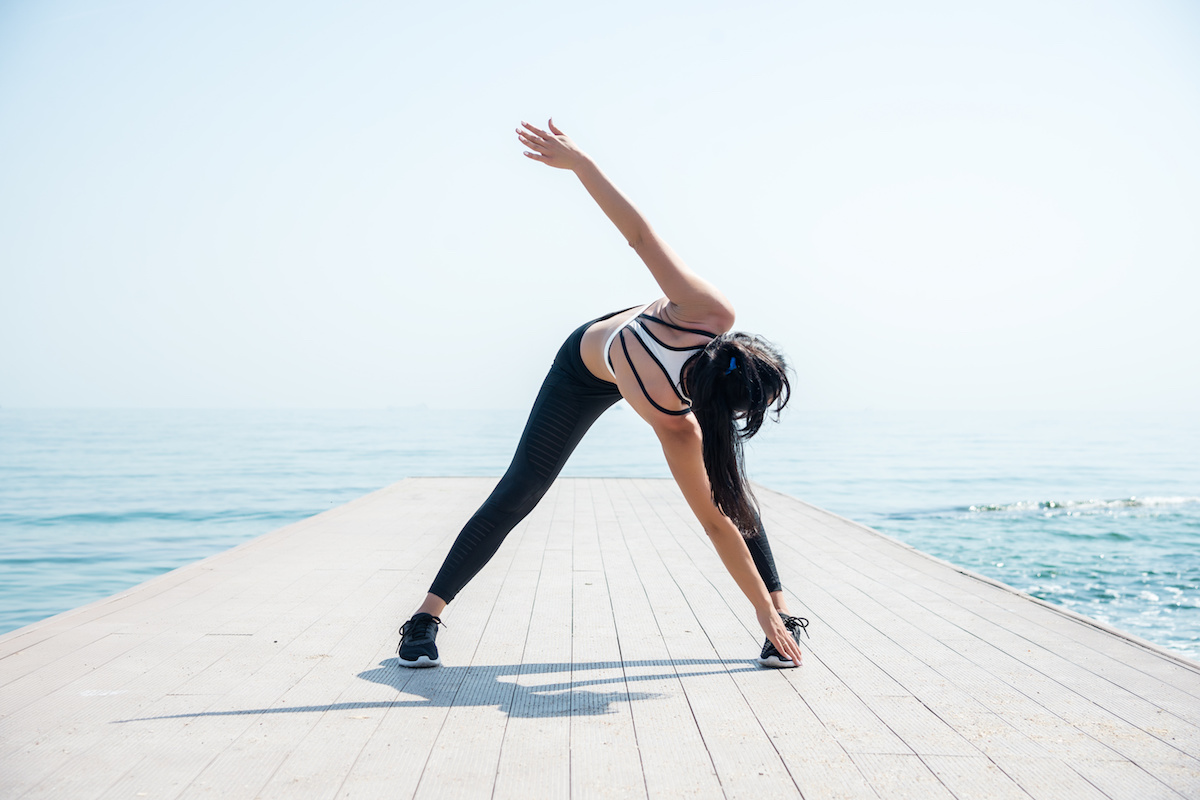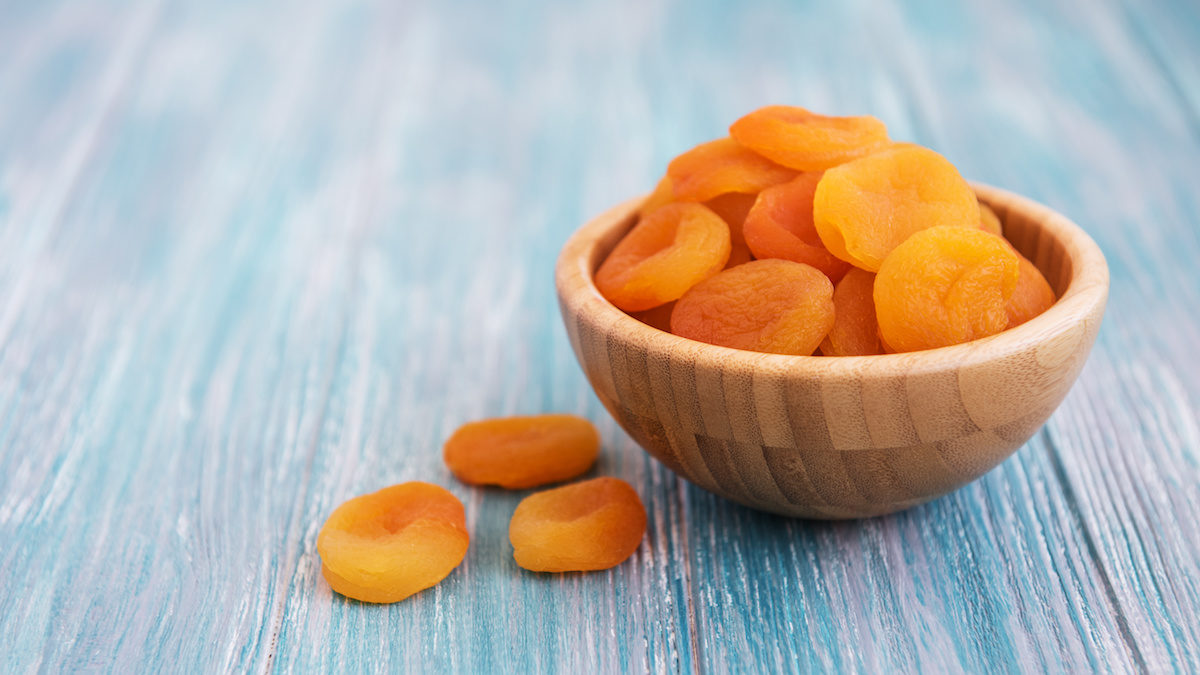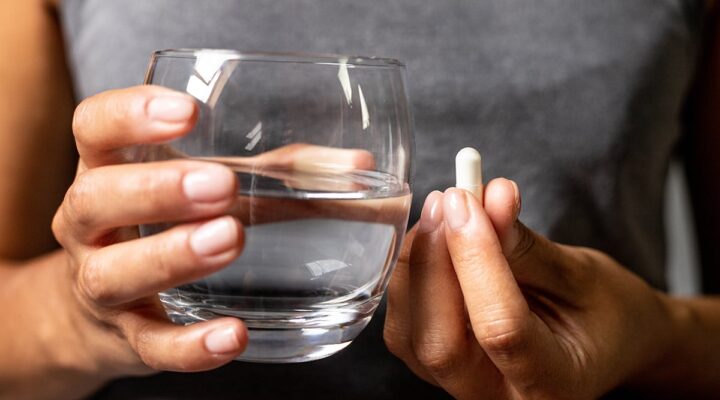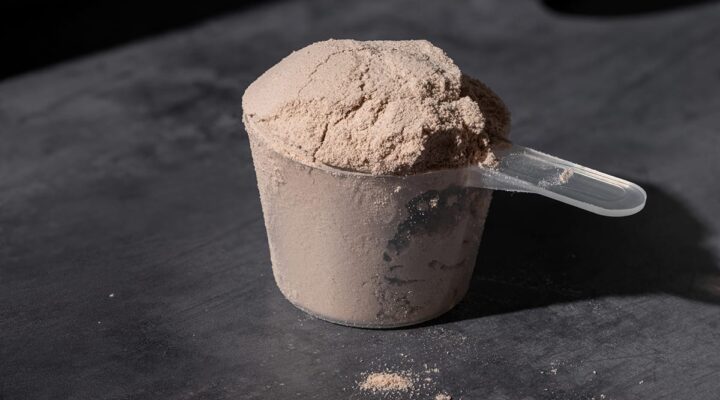The Menstrual Cycle and Iron: Increasing Your Exercise Performance

Each woman experiences the menstrual cycle in a unique way. However, it is mainly governed by the same two hormones: oestrogen and progesterone. Fluctuations in both hormones can cause various symptoms which can impact exercise performance, from mood swings and fatigue to body aches, cramping and bloating. There are also physiological changes that occur which can have an influence on performance. For example, your appetite, the ability to gain muscle, and the use of fat stores.
Research suggests that there may be an advantage in exercise performance around day six to day 15 of the cycle (with day one being the onset of bleeding). This is when oestrogen levels are high and progesterone levels are low – the late follicular and ovulatory phase.
Iron And Its Potential Impact On Athletic Performance
A consequence of blood loss during menstruation is the loss of iron, a trace mineral that is essential for the transport of oxygen to the muscles and various tissues, especially during aerobic exercise. The extent of the loss and its effects will depend on the heaviness and length of the menstrual cycle.
Iron deficiency anaemia occurs when the losses of iron are not replaced with dietary iron to maintain stores. This can lead to shortness of breath during exercise, nausea and muscle burning due to the build-up of lactic acid. Therefore, to optimise exercise performance an adequate amount of dietary iron needs to be consumed.

Dried fruit, like apricots, are a rich source of iron
Upping Your Iron Intake
The recommended requirement for dietary iron is 14.8mg, however in the UK, on average, 10.5mg is consumed – increasing the risk for iron store depletion. To make matters more difficult, only around 15-30% of haem iron (animal-based) and 2-20% of non-haem iron (plant-based) are absorbed in the gut. This places a greater importance on consuming iron-rich foods which include beans, nuts, dried fruit and fortified cereals and bread. This will ensure adequate iron intake which will help exercise performance.
Even though research has been done, the results are still inconclusive. There is further research being done at the University of Surrey to assess the impact of iron intake on exercise during the menstrual cycle. If you would like to participate please click the link below:
https://cjlc79p2lme.typeform.com/to/q9ob9oUb
Any further questions or queries please email mh01151@surrey.ac.uk.


















